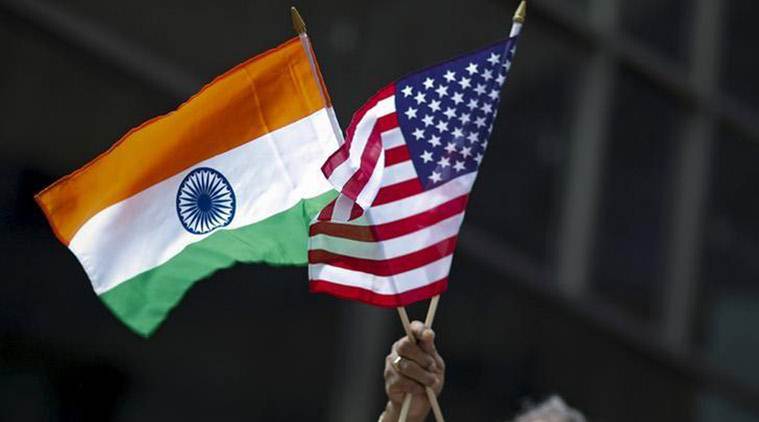India takes action against US
May 24, 2018 | Expert Insights

The government of India has launched an official complaint with the World Trade Organization against the United States. The country is challenging the tariffs introduced by US President Donald Trump on steel and aluminium.
Background
President Trump is known to have a protectionist outlook on trade. On the campaign trail, he promised tariffs against countries such as China, whom he blamed for loss of jobs. He also criticized “bad” trade deals and “unfair trade practices” against America. He said that other countries were "dumping vast amounts of steel all over the United States, which essentially is killing our steelworkers and steel companies”.
In March 2018, US President Donald Trump announced his intention to impose tariffs of 25% on imported steel and 10% on imported aluminium “for a long period of time”. The President cited “national security” in order to circumvent WTO commitments. Trump’s administration has cited Section 232 of the Trade Expansion Act of 1962. This section gives the US president the power to impose tariffs if “an article is being imported into the United States in such quantities or under such circumstances as to threaten or impair the national security.” This particular act has not been imposed by the US government since the inception of WTO.
The US’s ties with a number of its trading partners including allies like Canada and Britain have been strained as a result of the tariffs. China has also aggressively condemned the decision by the White House. In addition, Jean-Claude Juncker, the president of the European Commission, stated such an action by the US would face a legal challenge at the World Trade Organization.
World Trade Organization
The WTO is the only international organization handling the regulations of trade between countries. WTO’s agreements are negotiated and signed by most of the trading nations around the world and approved in respective parliaments. The organization’s primary objective is to make sure that trade flows as predictably, effortlessly, efficiently, and freely across nations.
Analysis
The US has traditionally enjoyed relatively warm ties with India. Indian Prime Minister Narendra Modi visited America in 2017 after Trump assumed power. However, Trump has complained about US trade ties. In February 2018, Trump praised PM Modi but also said that the US was “getting nothing” from the trading partnership between the two nations.
In March 2018, the US launched a trade challenge against most of India’s export subsidy programs at the World Trade Organization (WTO), after Trump threatened to impose disciplinary duties on countries that export more to the US than they import from it.
According to a filing that has been published by the WTO, India is challenging the US government’s tariffs on steel and aluminium. The Indian government has accused the United States of "multiple violations" of WTO rules. Delhi has also formally asked the US for "consultations" over the tariffs of 25% on steel and 10% on aluminium. This is considered the first step in a full blown legal challenge.
The US now has 60 days to settle the dispute according to rules laid out by the WTO. When the tariffs had been imposed initially, the US government argued that it was justified by national security concerns and therefore outside the WTO's remit. However, the European Union, China, Russia and India have all dismissed the claim. India is now seeking to recoup a cost of $31 million levied on its aluminium exports and $134 million on steel. India has warned that if the US does not settle the matter, then in retaliation, Delhi would target US exports of soya oil, palm olein, and cashew nuts.
India only accounts to around 2% of US’s steel and aluminium imports. However, officials in Delhi are still concerned that this will simply be the beginning of more tariffs that would negatively affect India.
Assessment
Our assessment is that these tariffs have the potential to negatively impact both the American and global economy. Trump’s protectionist views can further isolate the world’s largest economy from the rest of the nations. India’s chief concerns will not be regarding steel and aluminium tariffs, but rather with its bigger exports such as pharmaceuticals and consumer goods. The telecommunications industry is also a big export market for India which would be affected if tariffs are imposed on these commodities as well. It remains to be seen if India would risk friendly ties with the US over trade disputes.








Comments